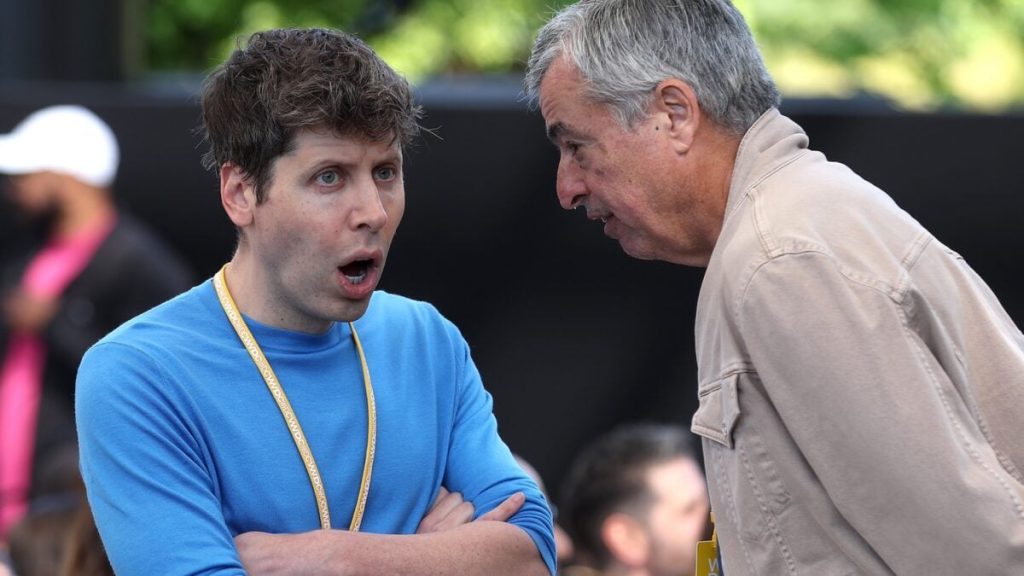OpenAI, the company behind ChatGPT, has quietly added Google Cloud as one of its official service providers, meaning Google will now help power the systems that run ChatGPT and other AI products.
This development was disclosed on OpenAI’s website in a list of what are called sub-processors, or companies that handle or process user data on OpenAI’s behalf.
For everyday users, it may not seem like a big deal. But behind the scenes, it is a major shift.
OpenAI, which is backed by Microsoft, has often been seen as a direct competitor to Google in the race to build and monetize artificial intelligence. Both companies have invested billions into AI and compete on everything, from chatbot performance to search engine dominance. Now, OpenAI is renting server space and computing power from the same company it is trying to beat.
Why This Is Happening
Earlier this year, OpenAI CEO Sam Altman made a series of public posts on X (formerly Twitter) admitting that the company was struggling with infrastructure. There were not enough graphics processing units—known as GPUs—to keep up with user demand. GPUs are the specialized chips that allow AI models like ChatGPT to operate at scale. They are expensive, hard to find, and mostly controlled by a few tech giants.
Altman put it bluntly in April: “We are getting things under control, but you should expect new releases from OpenAI to be delayed, stuff to break, and for service to sometimes be slow as we deal with capacity challenges.”
He later added: “If anyone has GPU capacity in 100,000 chunks we can get ASAP, please call!”
working as fast we can to really get stuff humming; if anyone has GPU capacity in 100k chunks we can get asap please call!
— Sam Altman (@sama) April 1, 2025
That was apparently not a joke.
In the months since, OpenAI has quietly moved to stabilize its systems. And now we know how. By partnering with Google Cloud, OpenAI gains access to some of the most advanced AI hardware and data center infrastructure on Earth. Google, like Amazon and Microsoft, runs massive server farms that rent out computing power to other companies. And unlike OpenAI, it has enough chips to meet demand.
What This Means for Users
If you’ve noticed ChatGPT slowing down or glitching in recent weeks, it is likely a result of the overwhelming demand on OpenAI’s servers. Millions of people now use the tool daily, and the company’s infrastructure has not scaled fast enough to handle it.
With Google now onboard, OpenAI may be able to deliver faster responses, more reliable uptime, and future feature rollouts that had previously been delayed. It also gives OpenAI breathing room to focus on its core research and product development without being held back by hardware shortages.
Big Tech Is Still the Backbone
This partnership also reveals something deeper about the future of AI. Even as companies talk about independence, decentralization, and disruption, the reality is that a handful of tech giants still control the essential tools. Whether it is through chips, data centers, or cloud infrastructure, companies like Google, Microsoft, and Amazon are still the backbone of everything online, including artificial intelligence.
So while OpenAI and Google may be rivals on the surface, they are now quietly working together behind the scenes. And for users, that means the future of AI may be more interconnected than anyone expected.

